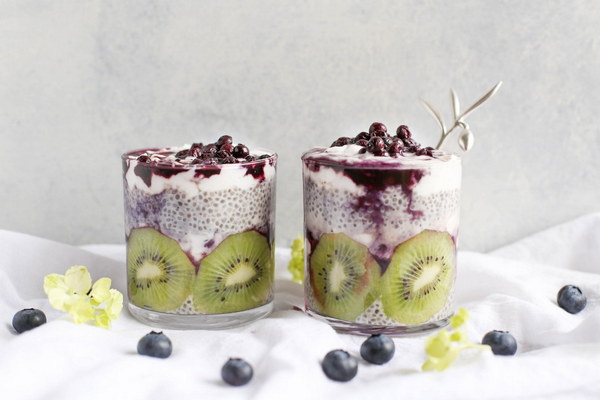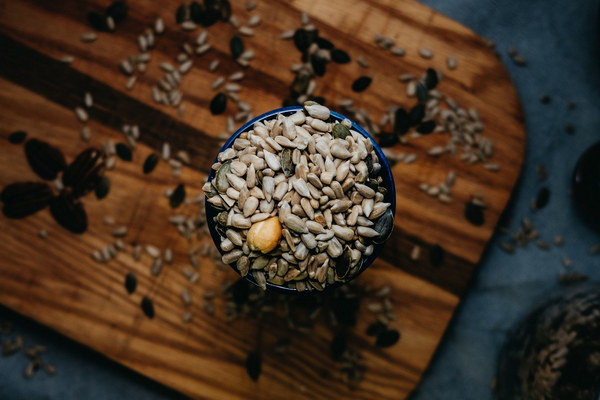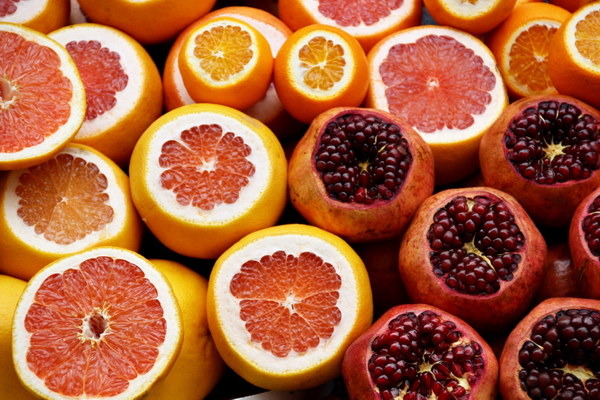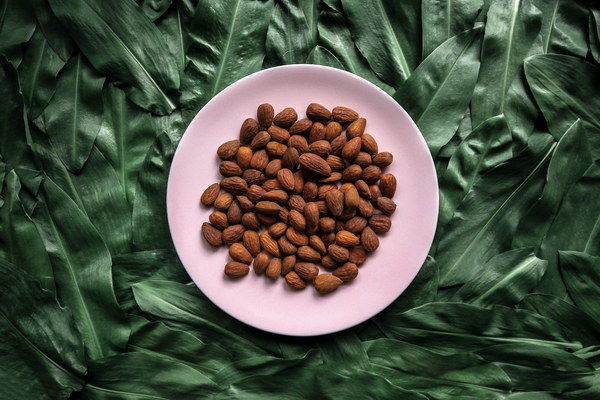Nourish Your Way to Asthma Relief A Comprehensive Guide to Diet-Based Remedies
Introduction:
Asthma, a chronic respiratory condition, affects millions of people worldwide. While medication plays a crucial role in managing asthma symptoms, incorporating dietary changes can also significantly improve your quality of life. This article provides a comprehensive guide to asthma-friendly foods, dietary tips, and remedies to help you breathe easier.
1. Understanding the Link Between Diet and Asthma:
The relationship between diet and asthma is complex. Some foods can trigger asthma symptoms, while others may help alleviate them. By understanding this connection, you can make informed dietary choices to manage your asthma effectively.
1.1 Foods to Avoid:
- Citrus fruits: Oranges, lemons, and grapefruits can trigger asthma symptoms in some individuals.
- Eggs: Egg whites are commonly responsible for triggering asthma in sensitive individuals.
- Nuts: Tree nuts, such as almonds, walnuts, and cashews, can be problematic for some asthma sufferers.
- Shellfish: Shellfish, including shrimp, lobster, and crab, can cause asthma attacks in some individuals.
1.2 Foods to Include:
- Anti-inflammatory foods: Foods rich in omega-3 fatty acids, antioxidants, and vitamins can help reduce inflammation and improve asthma symptoms. Examples include fatty fish (salmon, mackerel, sardines), flaxseeds, chia seeds, walnuts, and dark leafy greens.
- Anti-allergic foods: Foods rich in quercetin, a natural antihistamine, can help alleviate allergic reactions. Examples include apples, onions, and berries.
- Probiotic-rich foods: Probiotics can improve gut health and reduce inflammation. Foods like yogurt, kefir, and fermented vegetables are excellent sources of probiotics.
2. Dietary Tips for Asthma Management:
- Eat a balanced diet: Incorporate a variety of fruits, vegetables, whole grains, lean proteins, and healthy fats into your meals.

- Stay hydrated: Drinking plenty of water can help thin mucus and improve lung function.
- Avoid processed foods: Processed foods are high in additives, preservatives, and sugar, which can exacerbate asthma symptoms.
- Limit dairy intake: Some individuals may experience asthma symptoms when consuming dairy products. Consider reducing dairy intake or opting for dairy-free alternatives.
3. Natural Remedies for Asthma:
- Turmeric: This spice contains curcumin, a compound that has anti-inflammatory properties. Add turmeric to your meals or prepare a turmeric milk for a soothing drink.
- Honey: Honey has natural anti-inflammatory and antibacterial properties. It can help soothe the throat and reduce asthma symptoms. Consume a spoonful of raw honey daily.
- Eucalyptus oil: Eucalyptus oil is a natural expectorant that can help clear mucus from the lungs. Add a few drops to a humidifier or steam inhaler for relief.
Conclusion:
Incorporating asthma-friendly foods and dietary changes into your lifestyle can significantly improve your asthma symptoms. By avoiding trigger foods, including anti-inflammatory and anti-allergic foods, and adopting dietary tips, you can better manage your asthma and enjoy a healthier life. Always consult with a healthcare professional before making any significant dietary changes or starting a new asthma treatment.









